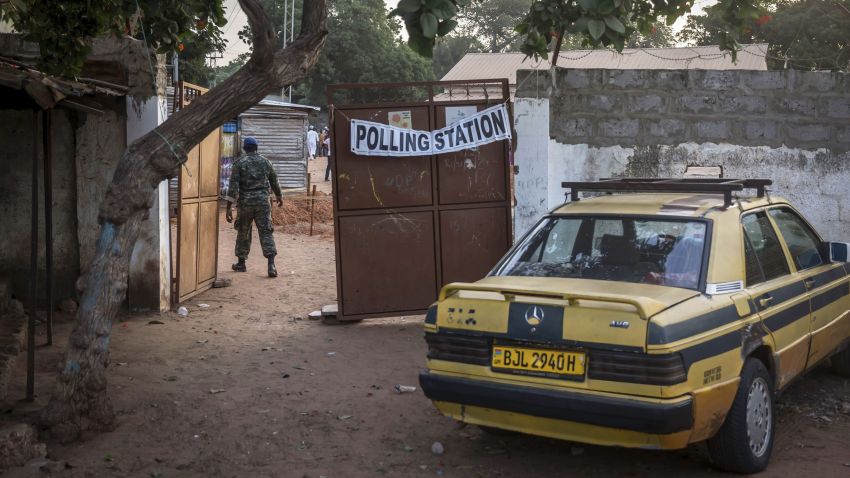In December 2021, Gambia’s 2.4 million citizens voted for their president in free, fair and credible polls for the first time in nearly three decades. The election, which saw a shockingly impressive 89 percent turnout, came exactly five years after the ouster of the country’s brutal dictator, Yahya Jammeh, who had come to power through a military coup in 1994.
Jammeh’s downfall began with the surprise announcement by the country’s electoral commission that he had lost the 2016 election. Perhaps momentarily stunned by the shock of losing what everyone, himself included, assumed would be yet another rigged vote, Jammeh initially accepted his defeat, which was made possible by an unprecedented coalition of opposition parties. However, he later reneged, leading to a months-long political impasse. He only left office after the Economic Community of West African States, or ECOWAS, assembled a military force to remove him; he fled to Equatorial Guinea, where he remains.
Jammeh’s ouster did put an end to decades of dictatorial rule, characterized by rampant human rights abuses ranging from extrajudicial killings and forced disappearances to the creation of dangerous bogus cures for HIV/AIDS. His successor, President Adama Barrow, a real estate developer who was unknown prior to becoming the consensus opposition candidate in 2016, initially promised to only serve for three years as a transitional president. But Barrow later reneged on this promise, leading to public outcry, and abandoned of the coalition agreement that brought him to power. Barrow instead established his own political party, the NPP, in 2019 and formed a controversial electoral alliance with Jammeh’s party, the APRC, in 2021, before going on to win that year’s presidential election with 53 percent of the vote.

